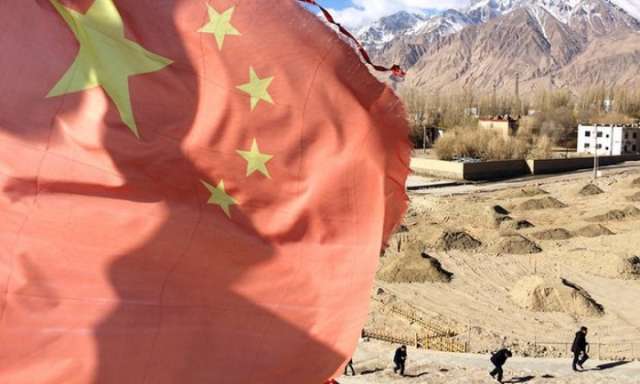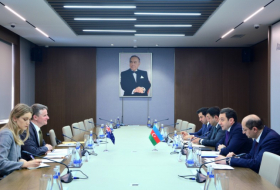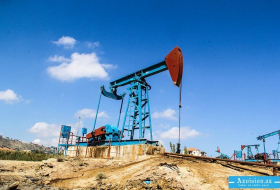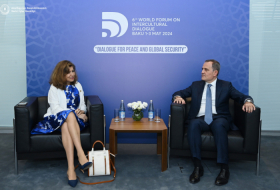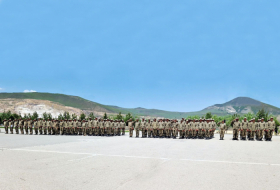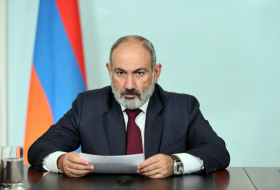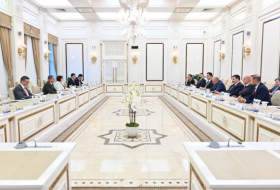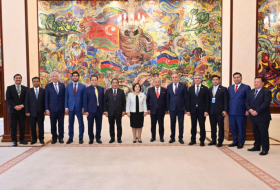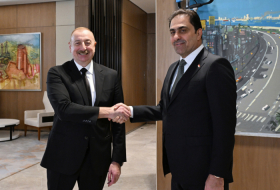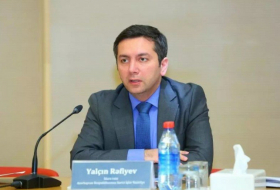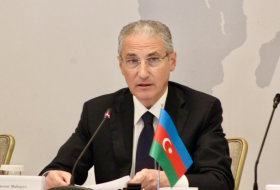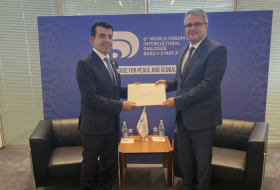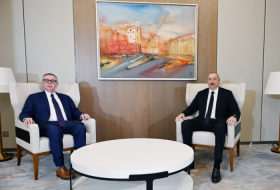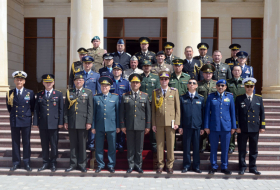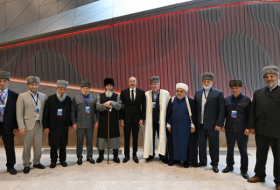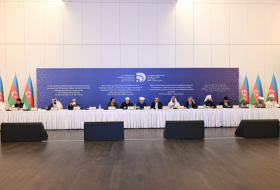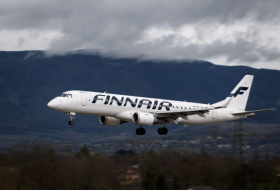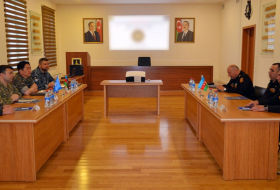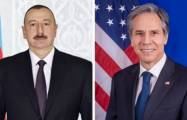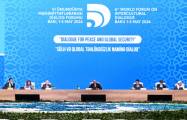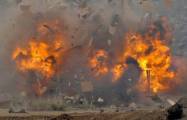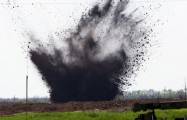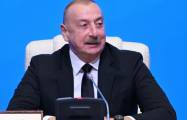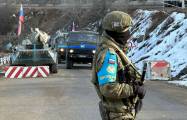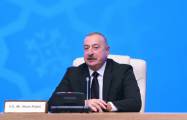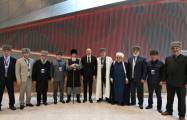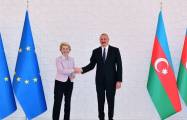“The glory of the ancient Silk Road shows that geographical dispersion is not insurmountable,” he told the 29 heads of state who have gathered in Beijing for the event, including Russian president Vladimir Putin, and Turkey’s Recep Erdoğan.
However, as Xi took to the stage his signature foreign policy initiative faced a backlash with India launching a scathing attack on the $900bn Chinese plan and announcing it would boycott proceedings. According to the the Times of India, New Delhi believed the scheme was “little more than a colonial enterprise [that would leave] debt and broken communities in its wake”.
Xi told a different story on Sunday, painting what he called his “project of the century” as a bold and inclusive attempt to kickstart a new era of globalisation.
In a 45-minute address, the Communist party chief vowed to throw his weight behind a global construction spree stretching all the way from Asia, across Europe and Africa, to the Americas.
“The Belt and Road initiative is rooted in the ancient Silk Road ... but it is also open to all other countries,” the Chinese leader said, promising to pump $125bn into the scheme.
Just as Chinese traders and explorers such as Zheng He, a Ming dynasty navigator, went out into the world in peace, so too would China now seek to engage with other countries. “These pioneers won their place in history not as conquerors with warships guns or swords but are remembered as friendly emissaries leading caravans of camels and sailing treasure-loaded ships,” Xi said.
“This part of history shows that civilisation thrives with openness and that nations prosper from exchange.”
Tom Miller, the author of a new book about the Belt and Road, said that in many countries the attitude to Xi’s infrastructure extravaganza was: “The more money the better”. And on Sunday morning, a cast of global leaders who are hoping to benefit from Beijing’s munificence lined up to heap praise on Xi Jinping.
Ethiopia’s prime minister, Hailemariam Desalegn, hailed what he called a unique, historic, extraordinary and momentous project. “Many of us in the developing world – especially we in Africa – continue to view China as a successful economic model and a reliable ally in the fight against poverty and in our quest for prosperity,” he said, describing the Belt and Road as the greatest economic collaboration of the 21st century.
The British chancellor, Philip Hammond, said: “I commend President Xi ... for setting in train such a bold and visionary project. This initiative is truly ground-breaking in the scale of its ambition, spanning more than 65 countries, across four continents, with the potential to raise the living standards of 70% of the global population.”
One of the most resounding endorsements came from Nawaz Sharif, the prime minister of key ally Pakistan, who told the audience he had come to offer his “deepest tributes” to Xi’s “seminal initiative”. “We stand at the cusp of a geo-economic revolution. In fact, this is the dawn of a truly new era of synergetic intercontinental cooperation,” Sharif said.
Malaysia’s prime Minister, Najib Razak, tweeted his approval from the audience for the “visionary and exciting” initiative while Chile’s president, Michelle Bachelet, predicted it would “pave the way for a more inclusive, equal, just, prosperous and peaceful society with development for all”. “Chile is ready to become a bridge country between Asia and Latin America,” Bachelet said.
However, there are also deep-rooted doubts, with some suspecting Beijing is using its “win-win” project as a ploy to lure less powerful nations into its economic orbit and boost its geopolitical power. Privately, western diplomats voice concerns about China’s true intentions and how much involvement non-Chinese companies will be allowed to have in Belt and Road projects. Only one G7 leader, the Italian prime minister Paolo Gentiloni, is in Beijing for Xi’s summit.
In a statement released on Saturday, India, the plan’s most vocal critic, cautioned China against pursuing projects that would create an “unsustainable debt burden for communities”, damage the environment or infringe upon other countries’ sovereignty. Such initiatives “must be based on universally recognised international norms, good governance, rule of law, openness, transparency and equality”, it said.
Beijing hit back at critics, with its official news agency attacking the “naysayers” and “fear mongers” it claimed were hovering over Xi’s plan like buzzards. The Belt and Road initiative was “not and will never be neocolonialism by stealth”, Xinhua argued in a commentary.
“China harbours no intention to control or threaten any other nation. China needs no puppet states,” it added, describing the summit as a chance not “to assert a new hegemony, but an opportunity to bring an old one to an end”.
Peter Cai, a fellow from Australia’s Lowy Institute, said the two-day forum was Xi’s latest attempt to burnish his credentials as a responsible world leader in a post-Trump, post-Brexit world. “The two strongest champions of globalisation as I see it – the US and the UK – are both retreating [genuinely] or symbolically from their commitment to globalisation ... I see this as presenting a good strategic opportunity for China to promote itself as the new champion of globalisation.”
Cai said a Chinese construction blitz was good news for Asia, which suffers from a chronic deficit of infrastructure, but argued it was too early to tell whether Xi’s lofty dreams would be fulfilled. “Some projects are happening overseas but we are talking about multi-year infrastructure projects – some are just starting,” he said. “At this stage it is too early to pass judgment.”
/Guardian/
More about: #SilkRoad








